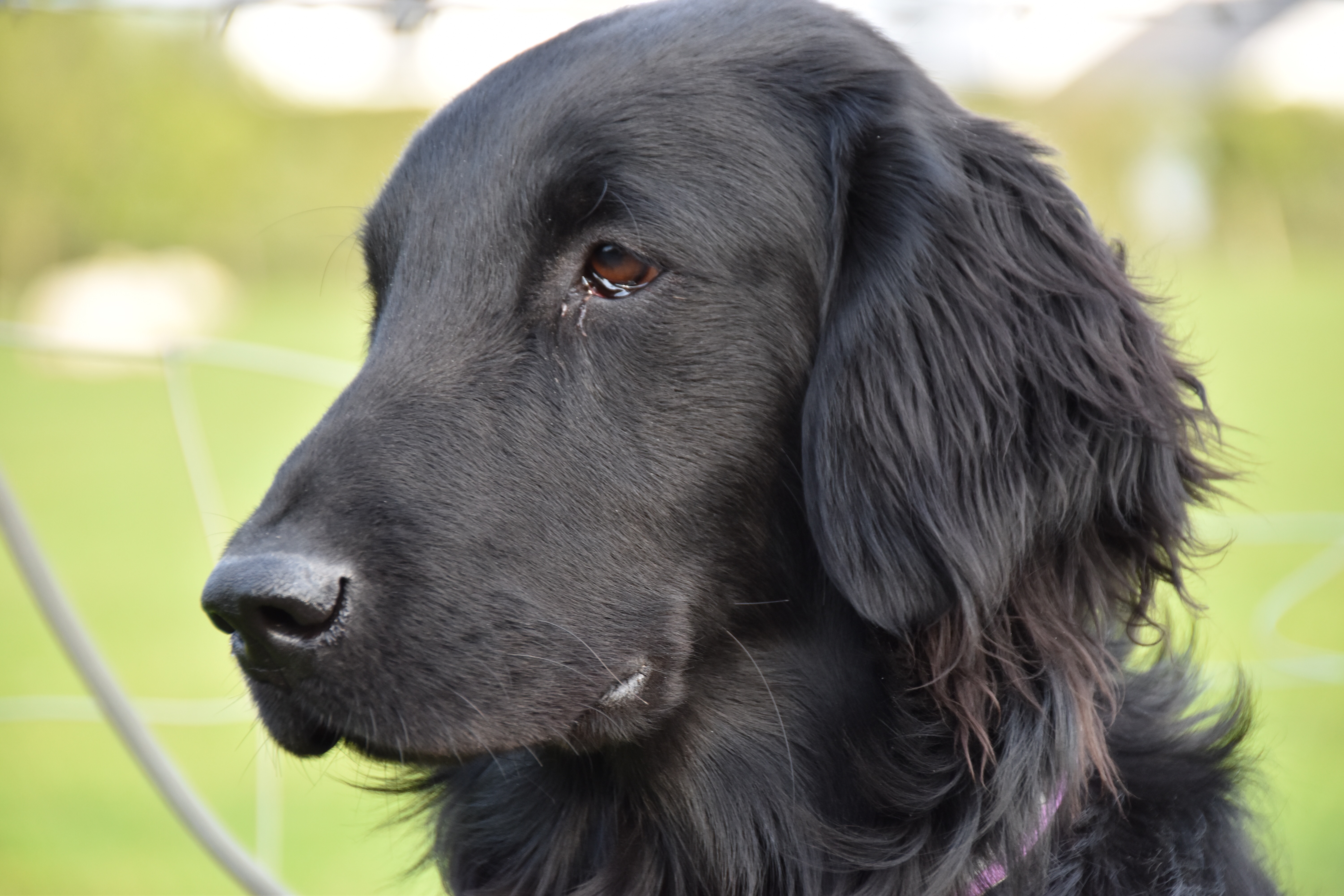The Loveable, Boxer – Profile – Health – Information you can use
The Loveable Boxer
Deutscher Boxer
Dog breed info
Deutscher Boxer
Weight: 65 — 80 lbs
Height: 21” — 25”
AKC Rank 2008 #6
Life Span: 9—11 yrs
Group Working
Origin Germany
At the RIGHT is a young Boxcr puppy —–>
- Breeders And Rescue Groups
- Dog Health, Dog Illness, Medical Problems
Dog Breed Info – The Boxer
A very happy Boxcr plays in the snow
Breed Overview
This is a medium size dog with plenty of energy but needing only moderate exercise.
They were were originally used as German Police dogs. They also found their way into dog fighting arenas which is hard to imagine, knowing their temperament.
This breed is a very friendly dog that loves to be with people. They love affection, give affection, can be downright silly and love to play. They aren’t that fond of other dogs but they are not really aggressive either. The dog will protect it’s family.
They are playful, exuberant, inquisitive, attentive, demonstrative, devoted and outgoing.
He is a perfect companion for an active family. Common color is the brown and white and fawn and white.
“How To Train Your Boxer” is a 96 page hardcover book that goes from getting the dog to caring for it and training the dog in basic commands. The book is ideal for anyone considering a Boxer.
Obedience training is necessary. The breed is intelligent and trains rather well. Untrained, they tend to bark too much, eat shoes and furniture legs. This breed responds well to clicker training. Pick up a $3 clicker at a pet store and use it. They are simple to use and dogs respond to the positive reinforcement training very well.
Crate Training
Want to crate train your puppy? It’s easy and if you’re interested, take a look and you’ll see what to do. Crate training your puppy will save many headaches and problems.
Potty Training
Most Boxers and puppies are fairly easy to house train, potty train, toilet train, housebreak or whatever you want to call it. If you have a puppy, decide if you want to crate or paper potty train it. For the best results, we have a page at Crate vs Paper Potty Training which will help you decide and from there you can get all the information you need to get the job done. Always praise the pup profusely when she goes potty in the RIGHT PLACE so she knows she has done a good thing. Either method will work for this breed.
If you have an older dog, take the dog outside every two hours until she gets the idea which door leads to her potty area. Older dogs catch on to the potty or housebreaking pretty fast once they are shown what to do.
Happy Boxer
Laid back, loves to play. Can be wary, even aggressive if necessary. I’ve seen some pretty agitated ones.
If you happen to get a Boxer with a separation anxiety problem, that can be dealt with by investing a few hours of work on your part and some “tough love.”
Friendly Toward Other Dogs
Sort of. They are guarded but not aggressive. Cautious, not friendly.
Friendly Toward Other Pets
Yes. Introduce them, let them get used to each other slowly.
Friendly Toward Strangers
Boxers remain somewhat guarded toward strangers. Not aggressive, but cautious.
Playfulness
Yes, very playful.
Friendly, affectionate fiercely loyal dogs.
They tolerate kids nicely. Due to their size and weight, very small kids should be supervised closely. “Closely” means stand over the child of 2 years age or so, not 15 feet away. Heavy dogs can inflict damage quickly with one giant leap.
Good with seniors over 65?
Yes. If you are able to get out and walk and drive a car, the Boxer will be a comforting friend for you. You do need to be in pretty good shape to pick up after her and get her to the vet once a year but you will have a great, loving companion if you can manage that.
Living environment
An apartment is OK for eating and sleep. I’ve also seen them on a farm and in the city. MUST stay in out of the heat and humidity of summer. This is not an outdoor dog, other than play time and walks.
A small to medium size backyard is okay.
Energy level
As long as s/he can get out for two walks per day and maybe a little “fetch” time somewhere your Boxer will do just fine. She MUST have her exercise though. SHE LOVES TO GO JOGGING!
Yes, does pretty well. Will usually announce strangers.
Yes. Excellent guard dog.
Brush your Boxer weekly if you want. She’ll appreciate the extra attention.
-
The book on the left is dog training for assistance and therapy work which will give your dog the best possible manners everywhere you go. It goes way beyond ordinary obedience training!
In the event you decide to go looking for Boxer puppies, be SURE to find reputable breeders that really know what they are doing. Be sure the puppy has been well socialized and started in obedience training. It’s not often that Boxer puppies turn up in dog pounds and shelters but you might check anyway as sometimes they are rescued from breeders.
Boxer Breeders with puppies for sale.
Boxer Rescue
In the event you are seriously considering the adoption of a Boxer and are looking for a Boxer rescue group or groups in your state, here are several links that might help:
Petfinder – Dog Rescue – (Nationwide)
Adopt A Pet This is an interesting site that may give you some ideas.
This is Kerri and Blizzard. Blizzard is the WHITE BOXER
who has a website all to himself!
He moved to Pennsylvania, (USA)
a few years ago and is one of
the great loves in Kerrie’s life, besides her family.
This is basically a healthy breed. Don’t let the list below scare you! Your own dog will probably never have ANY of these problems. These are dog illness and medical issues this breed is prone to that have been listed by various veterinarians at different times over the past decade or so and some pertain to puppies and very young dogs that a breeder would deal with.
The information contained herein has been gathered from numerous books by veterinarians and is intended as general information only. Every dog and situation is different. You must see your vet. Our information is for general interest only and not intended to replace the advice provided by your own veterinarian.
-
Gastric Torsion—Sometimes called Dog Bloat or “Twisted stomach.” Mainly in larger, deep-cheated dogs. Here’s brief description of the problem. Symptoms include excessive drooling, nervous pacing, agitation, weakness, attempt to vomit, bulging stomach area, heavy breathing, retching and gagging, shock or total collapse.

